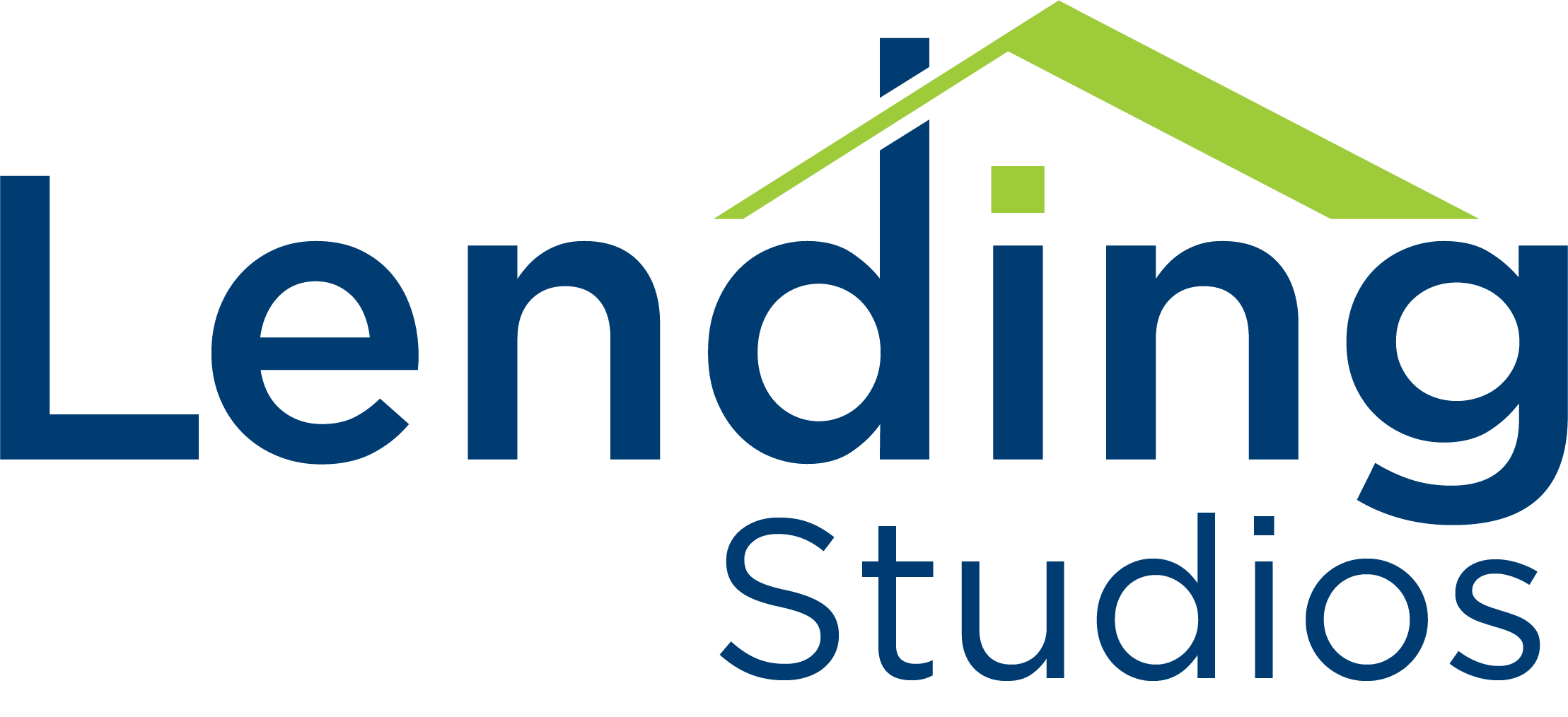What are my mortgage financing options?
If you are a first-time homebuyer, you are part of a large group of budding investors learning about mortgage financing. In fact, first-time buyers made up 33 percent of all home buyers in 2019, according to a report by the National Association of Realtors Research Group. As you get your feet wet with the home-buying process, understanding your mortgage financing options is a fundamental first step.
How do Mortgages Differ from One Another
When it comes to mortgage financing and loan types, requirements will vary by down payments required, loan ceilings, mortgage insurance requirements, and interest terms.
Learn about all your home-buying options, by researching common types of mortgage financing / home loans and whom they’re suited for, so you can be well-informed when making a choice that will affect your monthly payment and financial future.
Mortgage Financing Options
Home loans, also called mortgage loans, are typed by size of loan and by their association (or non-association) with a government program. The home loan you select will factor in: 1) how much you need for a down payment; 2) the total loan repayment amount with interest and mortgage insurance factored in; 3) how much you can borrow; and 4) the home purchase range you qualify for. (Research home affordability by estimating your monthly mortgage payment with our mortgage calculator tool.)
Depending on your financial situation and goals, certain loan packages for mortgage financing will work better for you than others. Here is a short list of all the different types of mortgage financing for you to research and consider:
Conventional Loans: Make up the majority of loans borrowers apply for. (“Conventional” meaning that the loan is not part of a government program.) These loans offer more cost savings than a Federal Housing Administration (FHA) loan, but can be more challenging to qualify for. These loans are grouped into two categories: conforming loans and non-conforming loans. The government determines the maximum loan amount for conforming loans, while the other loan rules are defined by Fannie Mae or Freddie Mac, (companies that give financial backing for conforming loans.) Non-conforming allow the lender to define eligibility and pricing standards. Both types of loans may require private mortgage insurance, based on the borrowers’ down payment amounts and credit history.
Federal Housing Administration (FHA) loans: The government-run Federal Housing Administration, oversees and insures FHA loans. Now, understand that FHA is NOT the lender. Private lenders are still behind the loan funding. FHA loans are sought by qualifying borrowers since they require lower down payments (as low as 3.5 percent) and offer borrowers with lower credit scores an avenue for home ownership. FHA loans DO have loan ceilings that are determined by the county you wish to purchase in and mortgage insurance is required for ALL FHA loans. (Use our FHA Loan Calculator to estimate what your monthly mortgage payments would be with this type of loan.)
Veterans Affairs (VA) loans: The Department of Veterans’ Affairs (VA) offers this loan program for eligible veterans, current service members, and surviving spouses. VA loans are tendered by private lenders and backed by the VA. Borrowers eligible for VA loans, benefit from low-cost refinance options and protections if you find yourself in repayment trouble later. Unlike conventional and FHA loans, VA loans DO NOT require mortgage insurance, saving borrowers monthly mortgage add-ons. Borrowers can obtain VA loans with low (or zero) down payments. Borrowers that can meet the standard (20 percent) down payment and that have good credit, should consider a conventional loan; a VA loan may be more expensive for you. (Use our VA Loan Calculator to help determine what your monthly mortgage payments would be!)
Fixed-rate loans: These loans carry unchanging (fixed) interest rates for the life of the loan. So, borrower’s total monthly payments of principal and interest remain the same over time. (Note: Mortgage payments can change from month-to-month, in response to property taxes or homeowners insurance rates.) A fixed-rate mortgage is the most popular type of mortgage financing because it offers predictability and stability for budgets. These mortgages typically have higher interest rates than an adjustable-rate mortgage, or ARM. But ARMs have low, fixed rates only for a brief period–usually three, five or seven years–before the interest rate resets. After that, interest rates can go up or down for the remainder of the loan term. Most ARMs have a cap.
Adjustable-rate mortgages (ARM): These loan types carry a fixed interest rate for the first part of its term, along with fixed principal and interest payments. After the initial period of the loan, interest rates will change depending on several factors. An ARM might be attractive to borrowers instead of a fixed-rate mortgage because they’ll pay lower interest in the initial period. “Lately there’s been a resurgence in ARMs. In January 2019, 8.6 percent of new mortgage loans had an adjustable rate, compared with 5.5 percent in January 2018, according to Ellie Mae, a software company that processes 35 percent of mortgages in the United States,” according to the Washington Post.
Jumbo loans: Loans that surpass the dollar amount loan-servicing limits put in place by GSE’s Freddie Mac and Fannie Mae. This defines them as non-conforming loans. 2018 limits were $453,100 in all states except for Alaska, Guam, Hawaii, and the U.S. Virgin Islands where the limit was $679,650. The conforming limit is higher in counties with higher home prices (so check your area’s loan limits.) Maximum loan amounts will vary by lender. Borrowers can get fixed- or adjustable-rate jumbo mortgages with various term options. The jumbo mortgages can be a loan product for primary homes, investment properties and vacation homes.
Call Lending Studios Today for a Mortgage Consultation
When preparing for home purchasing, the more you know about mortgage financing, the better you will fare in the process. Home loans differ in multiple ways, offering borrowers options to meet diverse needs. Lending Studios works to help our customers prepare for talking with lenders so they can secure the best mortgage financing they can for their unique situation. If multiple loan types fit your situation, investigate different mortgage financing scenarios and request quotes from several lenders to shop for the best deal.
Lending Studios is here to help you through the process of finding mortgage financing with home loans that will make the most sense for your particular situation.
If you are a first-time homebuyer, you are part of a large group of budding investors learning about mortgage financing. In fact, first-time buyers made up 33 percent of all home buyers in 2019, according to a report by the National Association of Realtors Research Group. As you get your feet wet with the home-buying process, understanding your mortgage financing options is a fundamental first step.
How do Mortgages Differ from One Another
When it comes to mortgage financing and loan types, requirements will vary by down payments required, loan ceilings, mortgage insurance requirements, and interest terms.
Learn about all your home-buying options, by researching common types of mortgage financing / home loans and whom they’re suited for, so you can be well-informed when making a choice that will affect your monthly payment and financial future.
Mortgage Financing Options
Home loans, also called mortgage loans, are typed by size of loan and by their association (or non-association) with a government program. The home loan you select will factor in: 1) how much you need for a down payment; 2) the total loan repayment amount with interest and mortgage insurance factored in; 3) how much you can borrow; and 4) the home purchase range you qualify for. (Research home affordability by estimating your monthly mortgage payment with our mortgage calculator tool.)
Depending on your financial situation and goals, certain loan packages for mortgage financing will work better for you than others. Here is a short list of all the different types of mortgage financing for you to research and consider:
Conventional Loans: Make up the majority of loans borrowers apply for. (“Conventional” meaning that the loan is not part of a government program.) These loans offer more cost savings than a Federal Housing Administration (FHA) loan, but can be more challenging to qualify for. These loans are grouped into two categories: conforming loans and non-conforming loans. The government determines the maximum loan amount for conforming loans, while the other loan rules are defined by Fannie Mae or Freddie Mac, (companies that give financial backing for conforming loans.) Non-conforming allow the lender to define eligibility and pricing standards. Both types of loans may require private mortgage insurance, based on the borrowers’ down payment amounts and credit history.
Federal Housing Administration (FHA) loans: The government-run Federal Housing Administration, oversees and insures FHA loans. Now, understand that FHA is NOT the lender. Private lenders are still behind the loan funding. FHA loans are sought by qualifying borrowers since they require lower down payments (as low as 3.5 percent) and offer borrowers with lower credit scores an avenue for home ownership. FHA loans DO have loan ceilings that are determined by the county you wish to purchase in and mortgage insurance is required for ALL FHA loans. (Use our FHA Loan Calculator to estimate what your monthly mortgage payments would be with this type of loan.)
Veterans Affairs (VA) loans: The Department of Veterans’ Affairs (VA) offers this loan program for eligible veterans, current service members, and surviving spouses. VA loans are tendered by private lenders and backed by the VA. Borrowers eligible for VA loans, benefit from low-cost refinance options and protections if you find yourself in repayment trouble later. Unlike conventional and FHA loans, VA loans DO NOT require mortgage insurance, saving borrowers monthly mortgage add-ons. Borrowers can obtain VA loans with low (or zero) down payments. Borrowers that can meet the standard (20 percent) down payment and that have good credit, should consider a conventional loan; a VA loan may be more expensive for you. (Use our VA Loan Calculator to help determine what your monthly mortgage payments would be!)
Fixed-rate loans: These loans carry unchanging (fixed) interest rates for the life of the loan. So, borrower’s total monthly payments of principal and interest remain the same over time. (Note: Mortgage payments can change from month-to-month, in response to property taxes or homeowners insurance rates.) A fixed-rate mortgage is the most popular type of mortgage financing because it offers predictability and stability for budgets. These mortgages typically have higher interest rates than an adjustable-rate mortgage, or ARM. But ARMs have low, fixed rates only for a brief period–usually three, five or seven years–before the interest rate resets. After that, interest rates can go up or down for the remainder of the loan term. Most ARMs have a cap.
Adjustable-rate mortgages (ARM): These loan types carry a fixed interest rate for the first part of its term, along with fixed principal and interest payments. After the initial period of the loan, interest rates will change depending on several factors. An ARM might be attractive to borrowers instead of a fixed-rate mortgage because they’ll pay lower interest in the initial period. “Lately there’s been a resurgence in ARMs. In January 2019, 8.6 percent of new mortgage loans had an adjustable rate, compared with 5.5 percent in January 2018, according to Ellie Mae, a software company that processes 35 percent of mortgages in the United States,” according to the Washington Post.
Jumbo loans: Loans that surpass the dollar amount loan-servicing limits put in place by GSE’s Freddie Mac and Fannie Mae. This defines them as non-conforming loans. 2018 limits were $453,100 in all states except for Alaska, Guam, Hawaii, and the U.S. Virgin Islands where the limit was $679,650. The conforming limit is higher in counties with higher home prices (so check your area’s loan limits.) Maximum loan amounts will vary by lender. Borrowers can get fixed- or adjustable-rate jumbo mortgages with various term options. The jumbo mortgages can be a loan product for primary homes, investment properties and vacation homes.
Call Lending Studios Today for a Mortgage Consultation
When preparing for home purchasing, the more you know about mortgage financing, the better you will fare in the process. Home loans differ in multiple ways, offering borrowers options to meet diverse needs. Lending Studios works to help our customers prepare for talking with lenders so they can secure the best mortgage financing they can for their unique situation. If multiple loan types fit your situation, investigate different mortgage financing scenarios and request quotes from several lenders to shop for the best deal.
Lending Studios is here to help you through the process of finding mortgage financing with home loans that will make the most sense for your particular situation.




